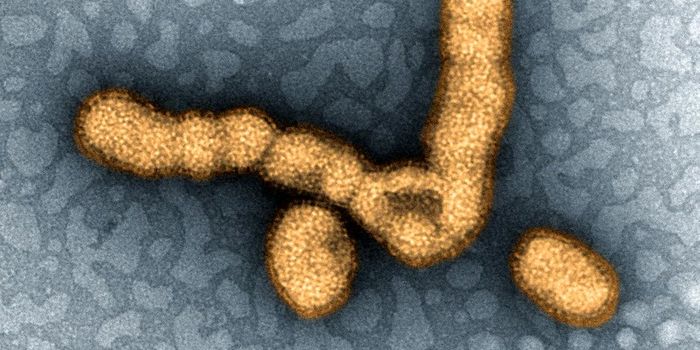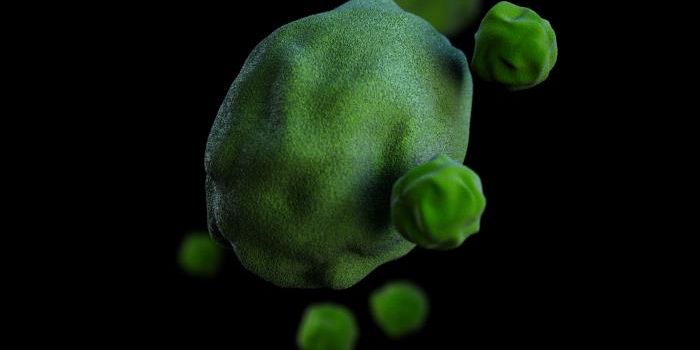Disruptions in the Infant Gut Microbiome Linked to Growth Delays
The microbial community in our gastrointestinal tract, the gut microbiome, is an area of intense research interest and has been shown to have a close link to human health. New work has shown that infants born extremely premature that don’t develop as expected also have a delay in the development of their gut microbiome. The work, which has been published in Scientific Reports, determined that the infants are in a fasting state, even while they consume the same amount of calories as extremely premature but normally growing infants. The microbiome may be playing a role in nutrient metabolism.
"Our identification of the distinct features within the microbiome and metabolism associated with growth failure might point to new ways to predict, prevent and treat this pervasive problem among preterm infants," said a senior study author Patrick Seed, MD, PhD, Associate Chief Research Officer of Basic Sciences at Stanley Manne Children's Research Institute at Ann & Robert H. Lurie Children's Hospital of Chicago. "Currently we lack the means to identify infants at highest risk of growth failure. The microbiome might give us the insights we need to guide individualized interventions and measure response to therapy."
Previous work has determined that preterm infants have a very different microbiome than full term infants, and that malnutrition in childhood is linked to a failure of the microbiome to develop.
"In our study, we investigated the relationships between intestinal microbiome, metabolism and growth in preterm infants," added Dr. Seed. "The significant associations we found will need to be reproduced by more studies in the future. We are looking to determine if the specific signatures of microbiome and metabolism maturation we discovered apply broadly to infants with and without growth failure." Infants that fail to grow properly are at greater risk of a host of disease including heart disease and type 2 diabetes later in life.
In this work, the researchers assessed 58 premature infants weighing less than two pounds at birth. Infants that fell in the third percentile or lower on growth charts were classified as failing to grow. The 36 infants in this group had consistently different metabolic profiles and microbiome compositions then infants that grew.
"Our analyses of the relationship between the microbiome of infants with growth failure and the byproducts of their metabolism suggest that the unique composition of bacterial communities living in their gut might play a role in this metabolic state with similarities to fasting," said Dr. Seed. "This might explain why simply increasing caloric supply for infants with growth failure often does not work. In order to develop effective treatments, we need to better understand how their inability to utilize nutrients for energy is influenced by delayed maturation of the microbiome and metabolism."
Other recent work reported in Science has suggested that a child’s microbiome can be repaired after they are subjected to malnutrition. Researchers have created a diet that can help the microbiome mature after it’s been altered by a lack of proper food intake. First author Jeanette Gehrig and an international team of scientists found that some plant foods rich in protein, like bananas, chickpeas and peanut flours can help children repair their digestive tract. When the microbiome fails to develop properly, it can impair a child’s ability to thrive, but the damage may not be permanent.
Sources: AAAS/Eurekalert! via Ann & Robert H. Lurie Children's Hospital of Chicago, Scientific Reports, Science









